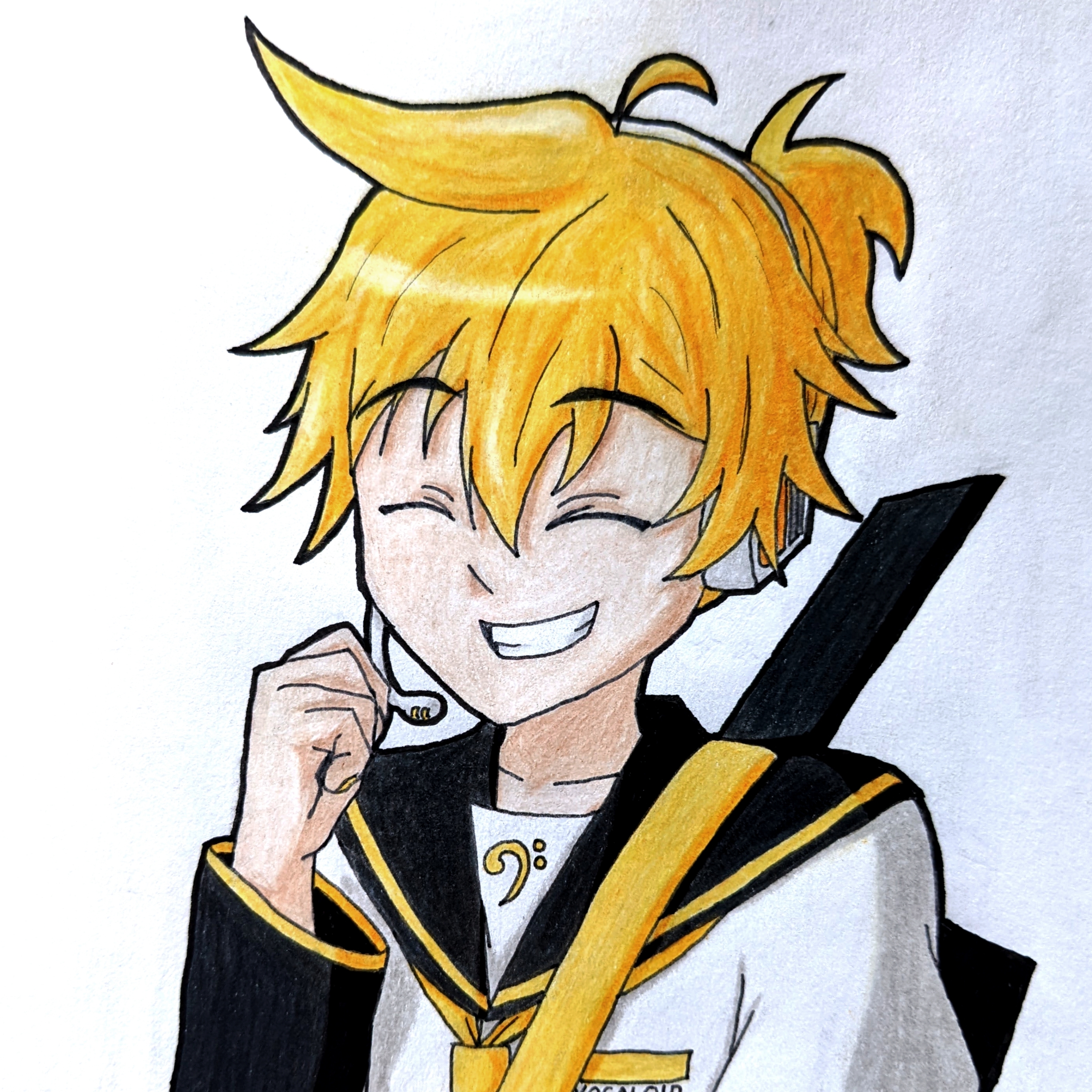It seems like it’s every day that I get advice that is aimed at beginner learners, like how to learn kana, or to pick up Genki or Minna no Nihongo, or use an app like Duolingo or Lingodeer. However, I’m closer to intermediate level (approximately N3, maybe N2), and I’m kind of stumped when it comes to studying.
For example, one of the most common pieces of advice I get is to immerse myself in the language, for example by playing games or watching movies/anime in Japanese. However, that method does get really frustrating in many ways. For example, when there are no closed captions available for Japanese movies, which makes understanding much harder, especially if the characters speak very quickly. Another nuisance this method has, is when I have to look up a word or two for every single sentence I hear/read. This is made even more annoying when a certain word contains complicated kanji, so I have to type it into the dictionary radical by radical. Doing that so often can be a real pain in the backside and suck the enjoyment out of the game/film. And also, it gets even tougher when I come across some slang or colloquial expression, or onomatopoeia, or a grammar structure I haven’t heard of before. During these times, I’m not very sure how to look those up, since I’m most likely not going to find these in the dictionary I use.
Moreover, I’m not quite sure how to learn vocabulary with this method of media consumption, since it’s not uncommon for me to encounter a word once or twice and then never again, making it difficult to remember. I’d learn it with flashcards, but 1, making flashcards takes a long time. And 2, it gets quite boring, and I tend to forget words very easily, even with Anki.
I also heard of advice saying I should pick up an advanced textbook, like Tobira. However, the grinding aspect of just translating sentences into a specific grammar pattern repeatedly always felt boring. Even with Genki, I kinda just speedran/skimmed through the exercises, made notes out of the grammar explanations, and solidified what I learned through graded readers (which were still a pain, because they weren’t very interesting to read, to be honest).
I have a feeling that despite being given these pieces of advice, there must be a wrong and right way of using them. So, I think I might be misusing the advice I’ve been given (either that, or I’ve been given the wrong advice, which I kind of doubt).
If anyone out here can give me corrections on how to study correctly, as well as perhaps giving new advice, would be very much appreciated. 読んでくれてありがとうございました。


I am selective about what shows and movies I watch. They have to be at my language level. It is important that, with my knowledge of the language, I can understand what’s going on. Otherwise, it will just be frustrating. I don’t necessarily have to know all the words and grammar because, over time, I’ll automatically pick things up and improve. For me, the whole point of immersion is that it does not feel like learning. That’s how I stay motivated. So, if a movie is too hard to understand for me, then I just stop watching it and look for something else. As I improve, I will be able to watch more and more movies. That’s how I learned English, and I hope it will work for Japanese as well.
Whenever possible, I avoid looking up words and try to deduce their meaning from the context. If a word is used very frequently and I still don’t understand it, then I look it up with an iPhone app called “Nihongo”. It does have OCR search (it can read Kanji from photos), you can draw Kanji with your finger, use radicals, or write the pronunciation with hiragana or romanji and I almost always find what I am looking for. I am sure there are similar dictionary apps for Android as well.
I don’t use flashcards because they are boring. If a word does not come up frequently enough for me to remember it, then I probably won’t need it anyway.
This is how I do things, and it may not work for you, but I hope that you’ll at least get some ideas of how your learning can become less frustrating.